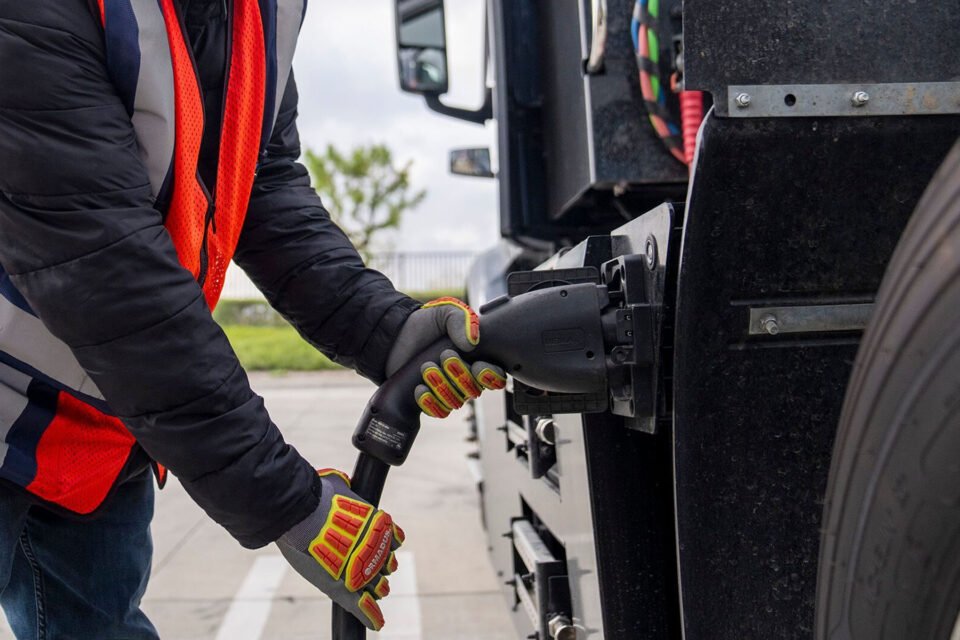Both ports will contribute 50 per cent of the funding, or 12.5 million dollars each. The money will go to the Clean Truck Fund, which is part of the ports’ effort to transition to an all-electric truck fleet by 2035.
The investment is part of a wider effort to set up electric truck charging in Southern California, for which the two major Californian ports have partnered with regional air quality agencies. The goal is to install 207 chargers at eight sites, specifically in Wilmington, Rancho Dominguez, Rialto, Fontana, Commerce, and the Port of Long Beach.
The total cost of the projects will be 135 million dollars.
“We’re investing with our Clean Truck Fund to get both zero-emission (ZE) trucks and infrastructure on the street as quickly as possible,” said Port of Los Angeles Executive Director Gene Seroka. “In addition to funding charging stations, we’re partnering with the state of California to offer vouchers of up to $250,000 toward the purchase of a ZE heavy-duty truck. Every day, we’re making progress toward our goal of a zero-emission port.”
“With more than 23,000 trucks working the harbour, the investment potential provided by the Clean Truck Fund rate is a key to our air quality efforts,” said Port of Long Beach CEO Mario Cordero. “These projects with our partners shows the program is working as designed, and demonstrates zero-emissions goods movement is not a buzz phrase here in San Pedro Bay but a goal we make progress toward every day.”
The Clean Truck Fund is part of the ports’ larger Clean Air Action Plan, first announced in 2017. Since April 2022, non-zero-emission trucks have been required to pay a fee per TEU (twenty-foot container) for loaded import and export containers hauled by trucks. The rate is 10 dollars per TEU. According to the ports, the Port of Los Angeles collected about $78 million from April 2022 through Mach 2024; the Port of Long Beach collected almost 75 million dollars.

